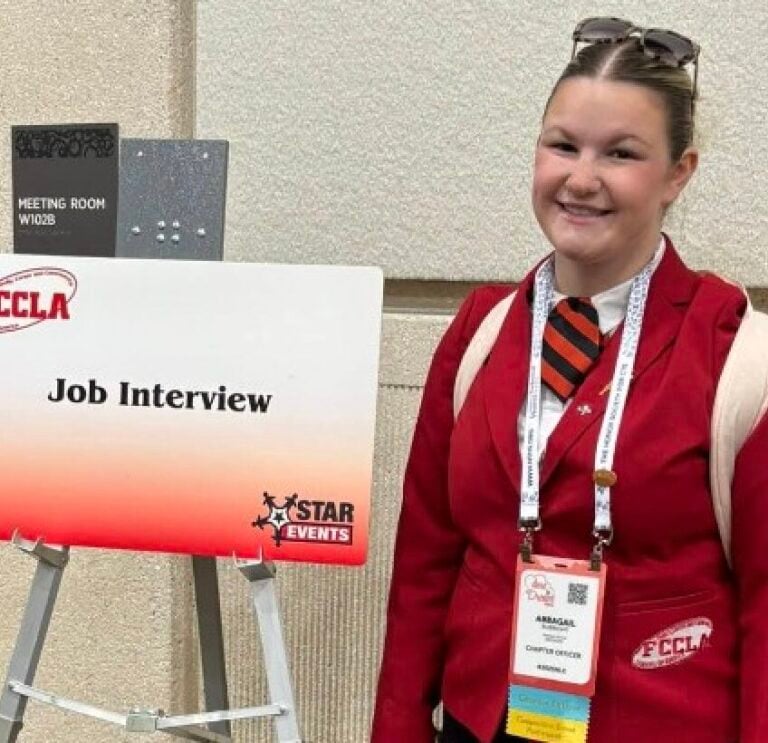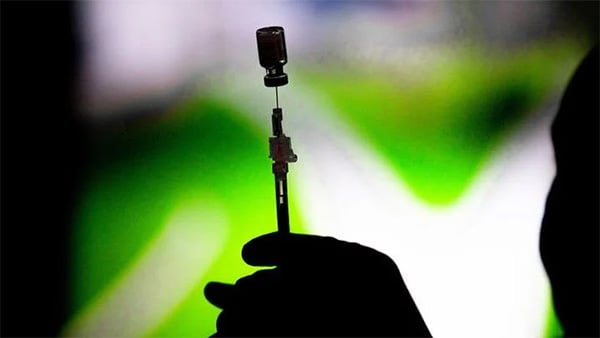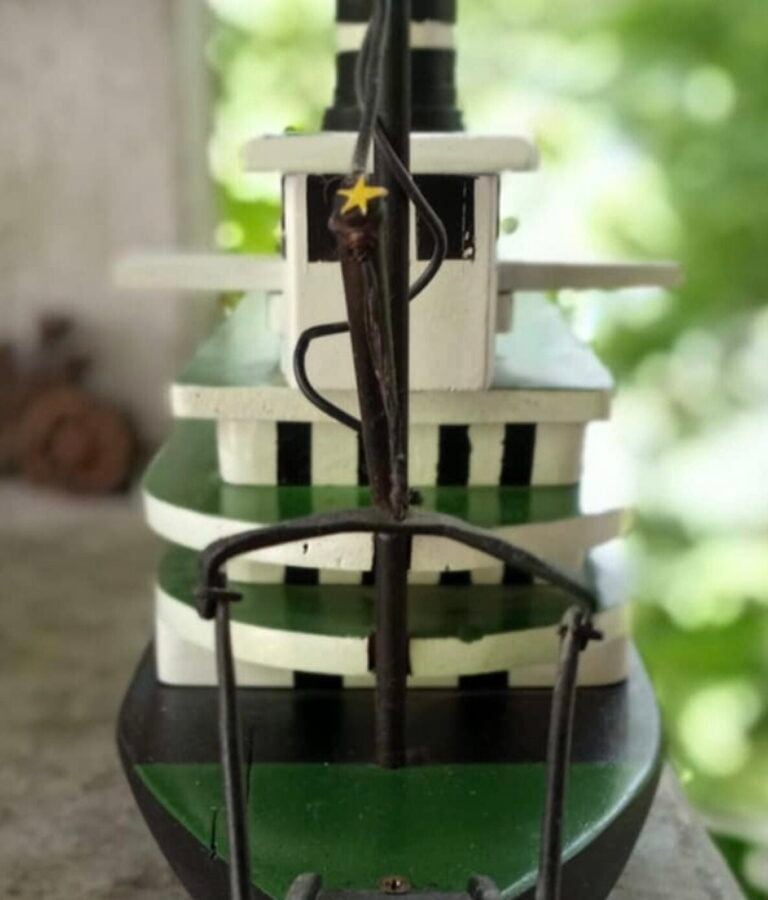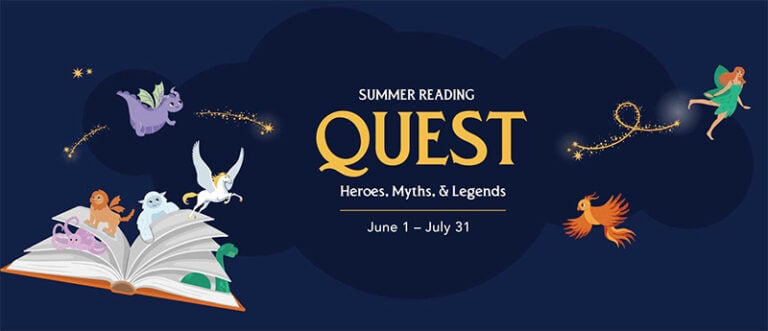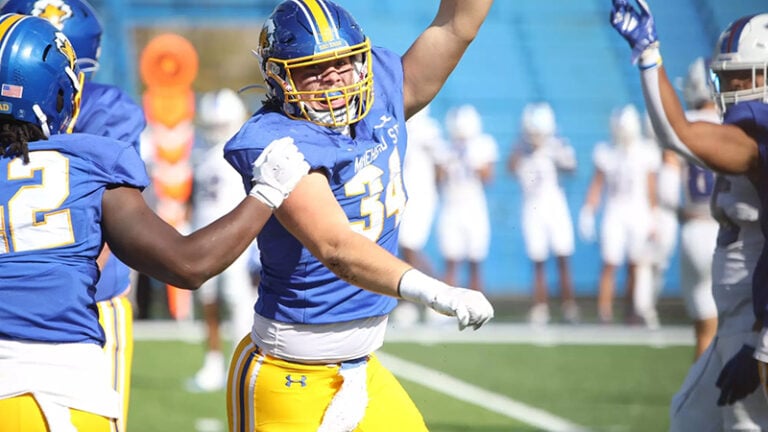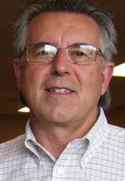By Steve Flairty
NKyTribune columnist
The first time I met Dr. Duane Bolin, history professor at Murray State University since 1996, was when we participated in a special book signing event in Frankfort a few years ago. It involved Kentucky Monthly writers who had also authored books.
I quickly found Duane to have a friendly spirit and a deep, working knowledge of Kentucky’s history. That interested me, and despite being around others in our group who sought out conversation with Duane, I chatted enough with him to know I’d want to keep up with his work in the future, along with learning more personally about him and his family.
With the recent release of Duane’s collection of personal essays from his newspaper columns, a book entitled Home and Away: A Professor’s Journal (Acclaim Press, 2016), I’ve realized both wishes.

The title is apt, for sure. The term “home” describes, certainly, his love for his immediate family: wife Evelyn, daughter Cammie Jo and son Wesley. He relishes telling each of their stories and sharing tender moments. The three are obviously his lifeblood.
Another unmistakable reading of home for the author, though, is about his love for his native state. He grew up in the western Kentucky town of Dixon, and a story about the youth’s BB gun and admiration for a Kentucky frontier icon is telling—and has left an indelible impression on Duane.
In the woods near his Dixon home, the youngster was imagining himself as a long hunter, like Daniel Boone. He took aim and fired his BB gun at what he now knows was a mourning dove. Here is what he tells about the aftermath. It’s safe to say that the experience colors both his religious and political views today, as a person highly sympathetic to the vulnerable in our society.
“The helpless bird fluttered to the ground, and when I went to make an inspection, I found the bird huddled on the ground, a single BB sized hole at his temple, if a bird has a temple. Still alive, the mourning dove sat there blinking at me. Overcome with remorse, I fashioned a bed of leaves, tried to make the dying bird comfortable, and, not knowing what else to do, walked back to the house.
When I trekked back to the woods later in the afternoon, all that remained were a few fluffs of gray-white down. The weakened bird had undoubtedly been unable to make its escape from a prowling cat. Filled with regret, I vowed that I would never again kill a helpless creature.”
Today, his appreciation for Kentucky writers and historians is clearly on Duane Bolin’s front burner. That includes spirits such as environmental activist and agrarian Wendell Berry, a Henry County native he associates with those who can “create magic on a page.” He submitted that no one has “brought Kentucky history to life better than the late Thomas D. Clark or the state historian, Dr. James C. Klotter.”
He includes Harrison and Klotter’s A New History of Kentucky in his class at Murray, and has recently added the new Kentucky Women: Their Lives and Times, edited by Dr. Melissa McEuen and Dr. Thomas Appleton, one he says “fills in a gap, missing in the study of Kentucky history for years and years, the contributions of Kentucky women.”
Duane especially likes the poetry of Kentucky-born Davis McCombs, a former park ranger at Mammoth Caves, and calls no one more convincing than Harry Caudill and James Still (both deceased) when writing about the mountains of eastern Kentucky.
He refers to Murray outdoors writer Gary Garth as a “treasure.” Historian and author Bill Ellis, a retired Eastern Kentucky University professor, is another Commonwealth servant he lifts up.
And Duane has strong admirers of his work, also.
Steve Vest, publisher/editor of Kentucky Monthly, gave words of praise for Duane, his knowledge of Kentucky history and his craftsmanship with words.
“Dr. Bolin has a keen eye for a story and a flair for its telling. There are few writers today who know more about the western part of our Commonwealth than Duane,” he said.
The “away” part of Duane’s book title demonstrates that the good professor has had a physical, as well as mindful, presence in places well outside his beloved Kentucky, too. His interest can be scored as enriching, and he enjoys sharing those items.
One place he visited and relished was England’s Oxford University. While there, he made a point to tour the home and church of iconic Christian writer C.S. Lewis, “whose writings have had an enormous influence on my life.”
A trip to China led Duane to muse about admirable qualities he saw in the people, including their focus on caring for and respecting the elderly in their midst.
Interestingly, a stint as a boys’ camp counselor away in North Carolina in 1976 was both humbling and lending to personal growth. Duane noted that he “completely botched” an overnight tent-camping trip with twelve-year-old boys when a rainstorm occurred.
During that summer, he recalled meeting “neglected rich kids,” or ones who told him that their parents sent them to the camp the entire summer to not have to deal with them. Today, Dr. Bolin has a special affinity for them.
“Ignored at home,” he said, “it was at the camp that that they learned of their worth as human beings and of their potential as young men. I wonder where they are today.”
There is something approaching joy that I see in Duane Bolin’s everyday life offering. I’m not the only one. Dr. Tom Appelton, Professor of History at Eastern Kentucky University, sees a generous share of that characteristic, also.
“I met Duane when he was an enthusiastic, young doctoral student in history at UK,” Appelton noted. “Here we are, 30 years later, and Duane retains that boyish enthusiasm for his research and for his students. He is certainly one of the Commonwealth’s most respected historians. He is revered by his academic colleagues as well as by history-minded readers who follow his columns faithfully in newspapers across the state.”
Home and Away is a 240-page book with a good assortment of black and white photographs. The diverse essays are organized into ten distinct sections, with subjects including home, away, teaching, learning, and calling. A highlight of Duane’s book is that it can be picked up and read in short settings, often providing great opportunities for meditative thoughts—without being preachy or lecturing.
Always busy, one might say that the writing projects Duane has going are a prolific assortment of meaningful tasks. He is in the last stages of a biography of iconic Kentucky basketball coach Adolph Rupp, one he has worked on for over a decade.
He also is involved with a book for the University Press of Kentucky called The Bosses of the Bluegrass: Political Bosses and Their Machines in Kentucky. He also studying the religious faith of James Madison, who he believes is the most important of America’s founders.
Along with those initiatives, Duane is doing a study of German Christian martyr Dietrich Bonhoeffer’s tour of the American South in 1930-1931, along with a project called “The Gospel According to Kate Campbell.” If that’s not enough for one person to tackle, he is co-authoring a sports history textbook with historian Dr. Richard O. Davies.
For my own curiosity, I asked him about how today’s national political divide compares to history. Have we gone past the limits of the past?
“At times, it does seem that today’s divisiveness is unprecedented,” he remarked. “But during the election of 1884 between James G. Blaine and Grover Cleveland, things were pretty bad as well.”
He gave these examples of political rhetoric:
‘Blaine, Blaine, James G. Blaine, continental liar from the state of Maine.’
‘Ma, ma, where’s my pa? Gone to the White House, ha, ha, ha.’
At age 60, retirement from teaching doesn’t appear to be on Duane’s radar, at least not for a while.
“I might teach for a long, long time,” he said. “If it were not for grading those pesky essays, I could teach to the end. I do not like to be in judgment over anyone. I love to teach my students and I love to research and write.”
But any kind of retirement would greatly involve his family, continued Duane.
“For me, an ideal retirement would be one in which I could have time each day with my wife Evelyn, visiting with our son Wesley, who works at Murray State’s Pogue Library and has just been elected to the Murray City Council, and our daughter, Cammie Jo, who has just graduated Phi Beta Kappa from Centre College.
Cammie Jo will apply to graduate school this fall, but for now is working for the Kentucky Humanities Council in Lexington. Evelyn, Wesley (history major) and Cammie Jo (history/politics double major) are all avid readers and writers. Evelyn read to both Wesley and Cammie Jo since before they were born, so they have lived immersed in books from the beginning.
“So, in retirement, if I ever do, indeed retire, I would continue to do what I do now: reading, writing, meeting with students, working in the garden, having time with my family.”
Ken Startup, a historian colleague who teaches at Williams Baptist College, summed up his friend’s contributions this way:
“Duane Bolin is a meticulous, gifted scholar. Moreover, he is an exceptional writer. There is every reason to believe that his work will prove to be very durable across the coming decades.”
Staying power while doing good things. That sounds like a Kentucky Proud kind of person we’d all like to have in our community.
Steve Flairty is a teacher, public speaker and an author of six books: a biography of Kentucky Afield host Tim Farmer and five in the Kentucky’s Everyday Heroes series, including a kids’ version. Steve’s “Kentucky’s Everyday Heroes #4,” was released in 2015. Steve is a senior correspondent for Kentucky Monthly, a weekly NKyTribune columnist and a member of the Kentucky Humanities Council Speakers Bureau. Contact him at sflairty2001@yahoo.com or visit his Facebook page, “Kentucky in Common: Word Sketches in Tribute.” (Steve’s photo by Connie McDonald)








